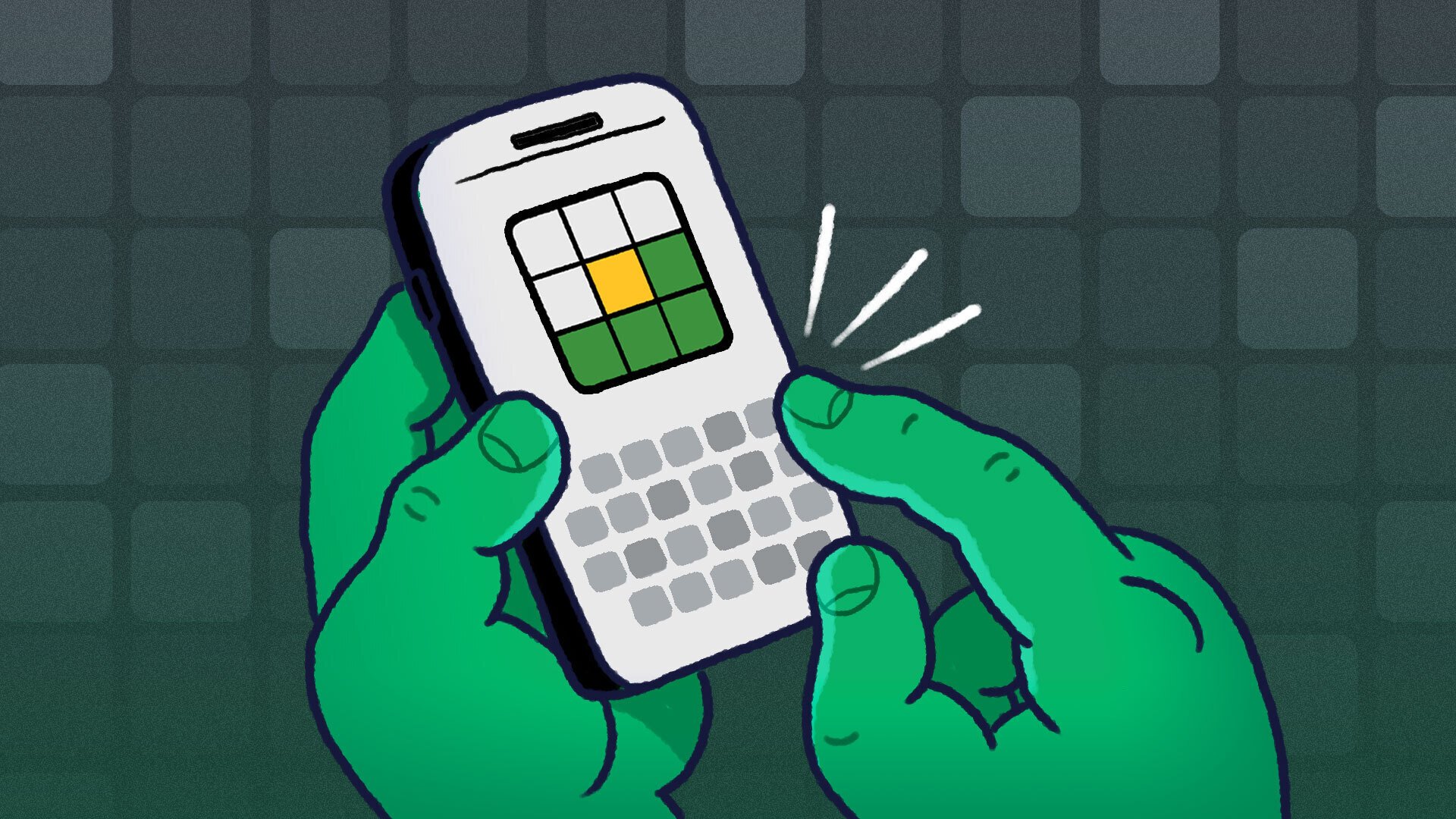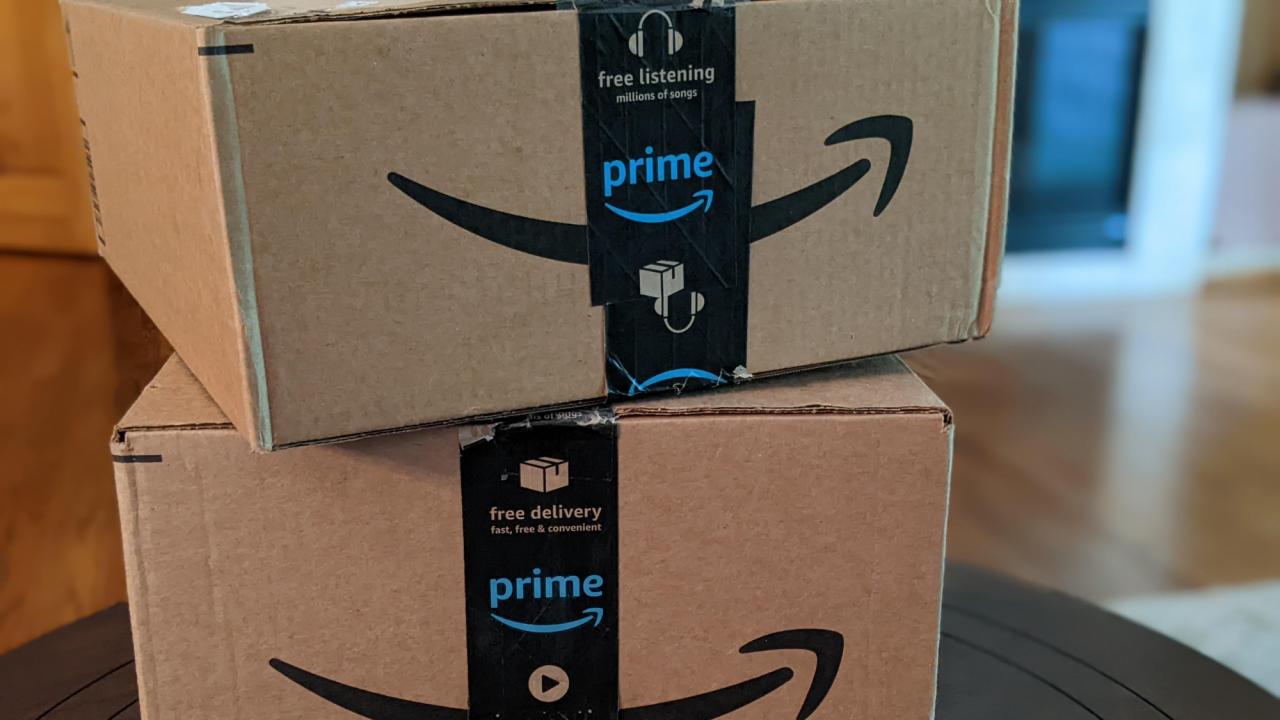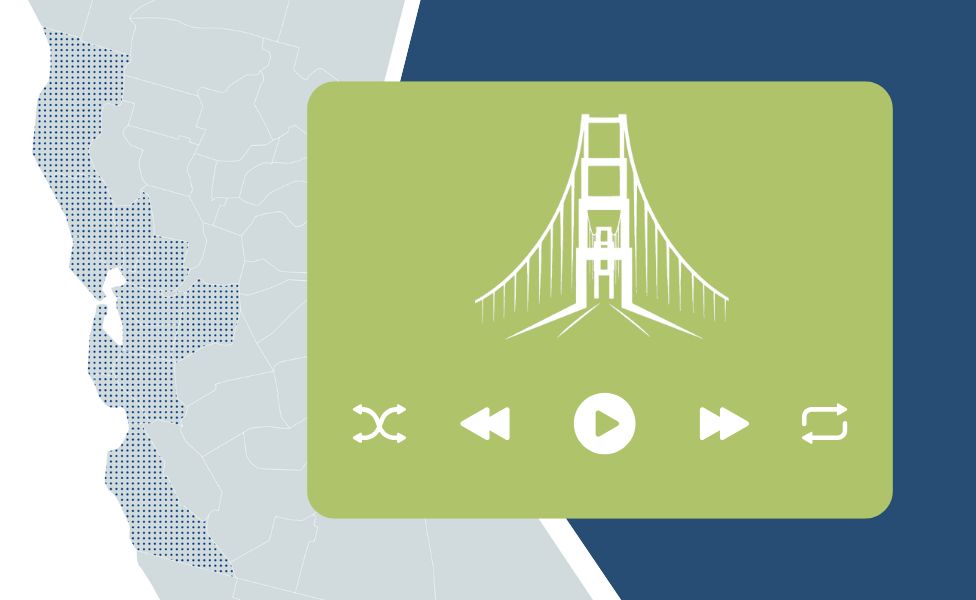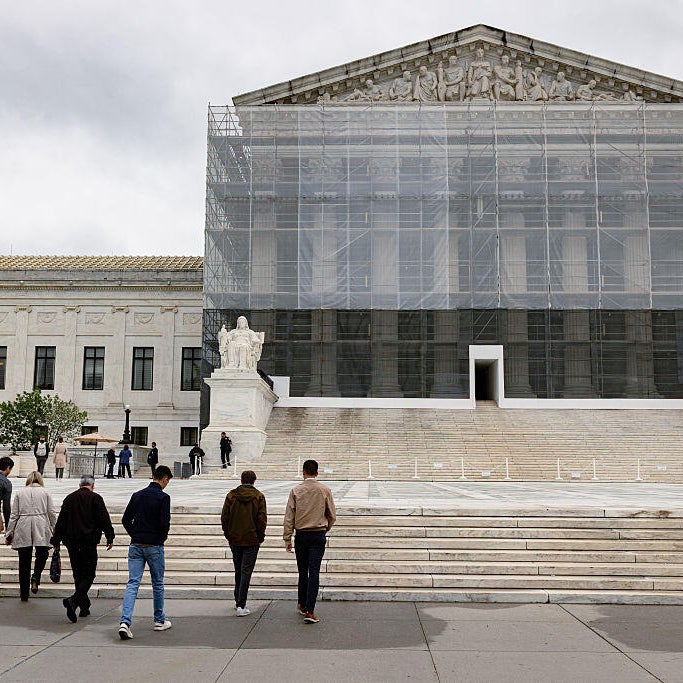
Trump Blocks Head Start for Undocumented Children
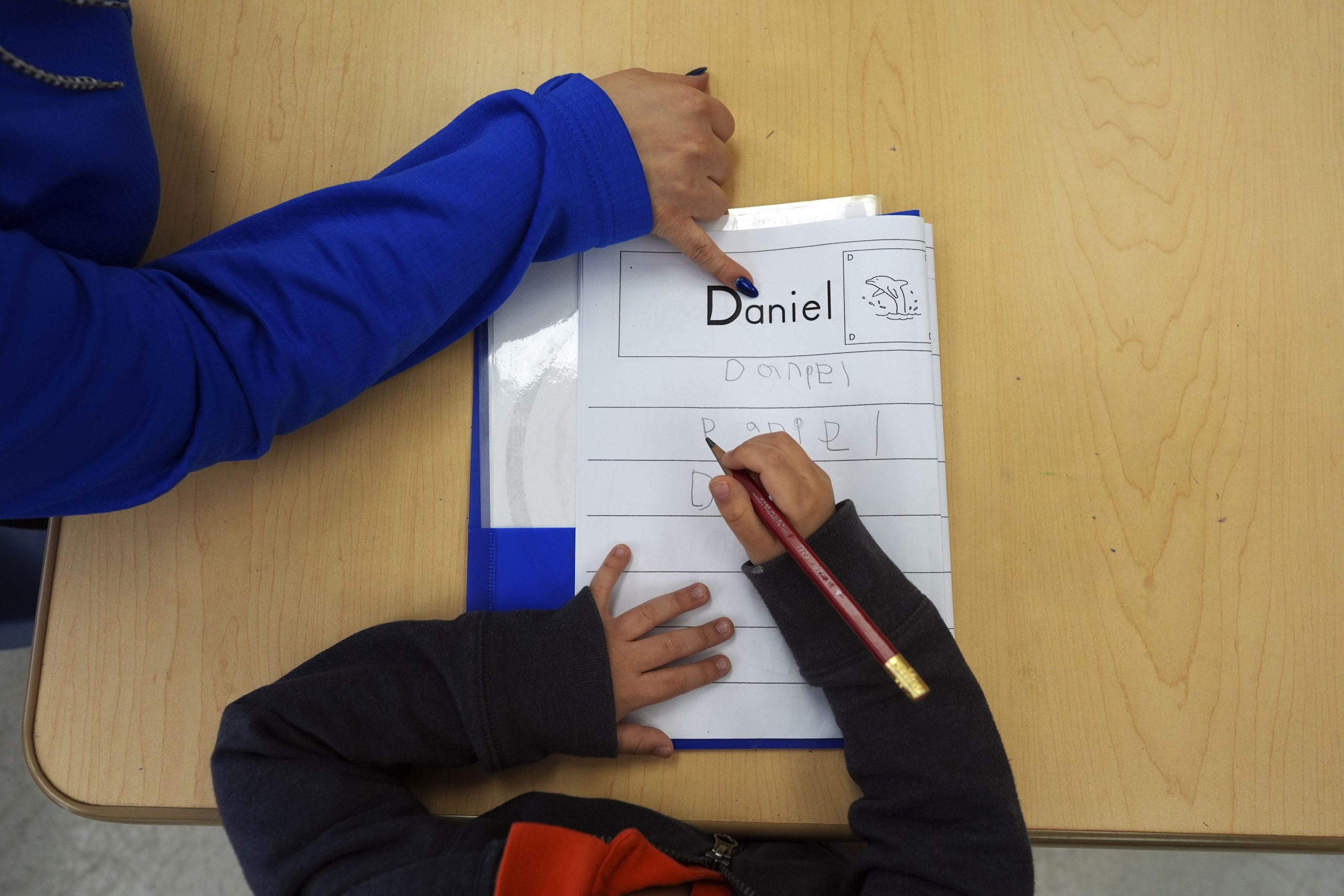
The Trump administration initiated a series of policy changes aimed at restricting access to federal programs for undocumented immigrants, triggering widespread concern and confusion among service providers and advocates. One notable change involved barring undocumented children from enrolling in Head Start preschool programs.
This announcement was part of a coordinated effort across multiple government departments, including Health and Human Services, Education, Agriculture, Labor, and Justice. The White House framed these actions as a significant step to ensure that taxpayer-funded benefits are directed towards American citizens, explicitly excluding “illegal aliens.”
While the practical implications of many of these announcements remained unclear, and in some instances, potentially modest, they sparked considerable unease. Existing laws already largely restrict undocumented immigrants, and even many legal immigrants, from accessing most federal benefits. For example, the Department of Agriculture reiterated existing regulations prohibiting those in the country illegally from receiving food stamps, a measure they claimed to have been addressing earlier in the year.
Confusion and Concern Among Grant Recipients
The new eligibility rules generated confusion among grant recipients, particularly state agencies responsible for administering public health programs. These agencies expressed uncertainty about how to effectively screen for immigration status. The changes also drew criticism from advocates for Head Start, a program that has been serving children for six decades, preparing them for kindergarten.
Yasmina Vinci, executive director of the National Head Start Association, voiced strong opposition, stating that the decision undermines the country’s commitment to children and disregards the proven benefits of Head Start. She emphasized that Head Start programs aim to create a welcoming, safe, and supportive environment for all children, rejecting any characterization of a child as “illegal.”
Impact on Undocumented Children
While undocumented immigrants have historically been ineligible for most federal benefits, Head Start has been an exception, extending its services to children regardless of their immigration status. The exact number of undocumented children affected by this policy remains uncertain. Experts suggest that most young children of undocumented parents are born in the United States and are therefore citizens. Head Start primarily serves children between the ages of 3 and 5.
Julie Sugarman, Associate Director for K-12 research at the Migration Policy Institute, noted that the actual number of children directly affected by the policy is likely to be small. However, Tanya Broder, a senior attorney at the National Immigration Law Center, highlighted the significance of the policy shift, as it represents a new interpretation of federal law. The Trump administration is expanding the definition of what constitutes a public benefit, potentially impacting a broader range of programs.
Expansion of Public Benefit Definition
The new rules for HHS, for instance, reclassify numerous grant programs, including those supporting behavioral health clinics, assisting the homeless, and treating substance abuse and mental health disorders, as public benefits. Broder also pointed out that the guidance leaves many operational questions unanswered, particularly regarding how programs should verify immigration status.
Sugarman suggested that the move should be viewed as part of a broader strategy to target illegal immigration, sending a clear message that immigrants are not welcome.
Challenges for Public Health Agencies
State and local public health agencies and behavioral health providers faced challenges in understanding how to implement the new directives. HHS agencies allocate billions in grants to states annually to address issues such as mental health and addiction. This funding is then distributed to local agencies or directly to providers.
The complex nature of funding streams, with providers often receiving revenue from multiple sources, makes it difficult to determine which funds are being used to treat individuals in the U.S. illegally. Mara Youdelman, director of federal advocacy at the National Health Law Program, expressed concern that providers may face increased paperwork and administrative burdens to verify patients’ legal status, potentially affecting access to services for all individuals.
Potential Impact on Healthcare Access
Katherine Hempstead, a senior policy officer at the Robert Wood Johnson Foundation, warned that the new rules could limit healthcare access for people without legal status, who are already excluded from public health insurance programs. Community clinics and other public services rely on federal funding to provide essential healthcare services, particularly in light of Medicaid cuts.
Hempstead emphasized that untreated mental health and substance abuse issues affect the entire community. The policy could threaten the financial stability of community clinics, which are already preparing for potential patient losses due to Medicaid changes.
Legal Challenges Anticipated
The HHS directive is likely to face legal challenges. Federal law mandates that community health centers accept “all residents of the area served by the center” and operate without discrimination based on national origin. Federal law also states that nonprofit charitable organizations are not required to verify the eligibility of applicants for public benefits.
Future Implications for Education
The restriction on Head Start participation raises concerns about the administration’s potential support for challenges to the long-standing requirement for states to provide free K-12 education to children regardless of their immigration status.
This requirement stems from the 1982 Supreme Court ruling in Plyler vs. Doe. Some states have considered legislation to deny free education to undocumented children, with the intention of bringing a case before the Supreme Court to revisit the Plyler precedent.
The Heritage Foundation, a conservative think tank, has urged states to collect immigration statuses of children and charge tuition to families in the country illegally.
While no state has successfully enacted such legislation, the possibility remains.
The CEO of a Southern California community organization that operates a large Head Start program, while noting that most of the children in the program are of Latino descent and have Social Security numbers, expressed concerns that authorities may pressure them to inquire about parents’ legal status. This could discourage undocumented parents from enrolling their children in a program with a proven track record of success. The CEO, fearing scrutiny, requested anonymity.



